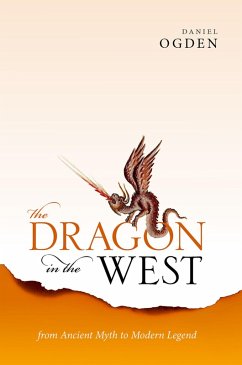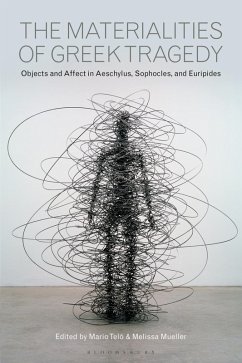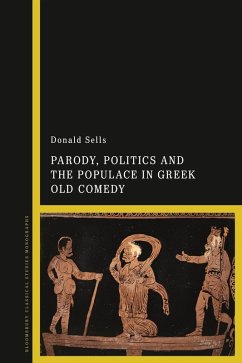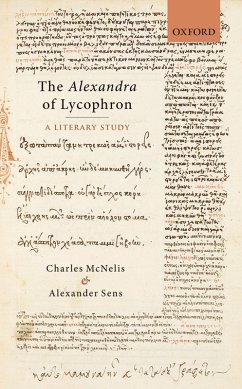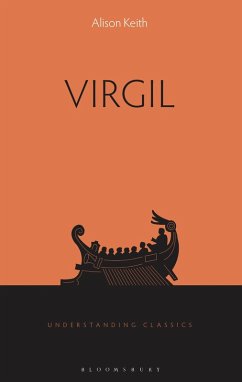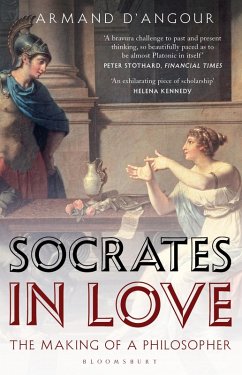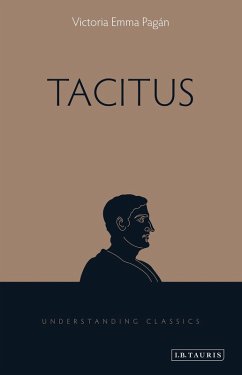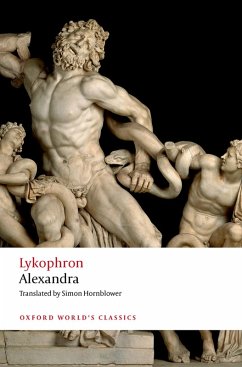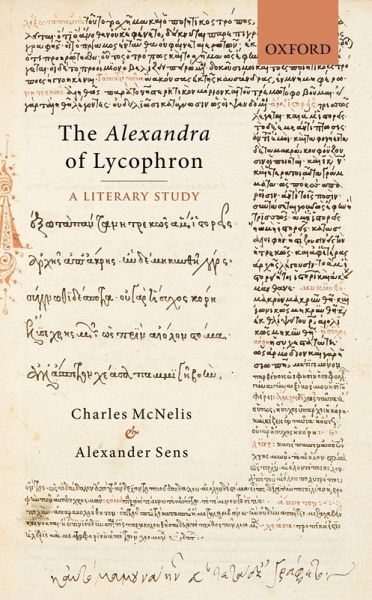
The Alexandra of Lycophron (eBook, ePUB)
A Literary Study
Versandkostenfrei!
Sofort per Download lieferbar
39,95 €
inkl. MwSt.
Weitere Ausgaben:

PAYBACK Punkte
20 °P sammeln!
This monograph is a literary study of Lycophron's Alexandra, whose obscurity, a quality notorious already in antiquity, has long hampered holistic approaches. Through a series of distinct but closely integrated literary studies of major aspects of the poem, including its style, its engagement with the traditions of epic and tragedy, and it's treatment of heroism and of the gods, the book explores the way the Alexandra reconfigures Greek mythology. In particular, as it is presented in Homeric epic and Athenian tragedy, in order to cast the Romans and their restoration of Trojan glory as the ult...
This monograph is a literary study of Lycophron's Alexandra, whose obscurity, a quality notorious already in antiquity, has long hampered holistic approaches. Through a series of distinct but closely integrated literary studies of major aspects of the poem, including its style, its engagement with the traditions of epic and tragedy, and it's treatment of heroism and of the gods, the book explores the way the Alexandra reconfigures Greek mythology. In particular, as it is presented in Homeric epic and Athenian tragedy, in order to cast the Romans and their restoration of Trojan glory as the ultimate telos of history. In this sense, the poem emerges as an important intermediary between Homeric epic and Latin poetry, particularly Vergil's Aeneid. By rewriting specific features of the epic and tragic traditions, the Alexandra denies to Greek heroes the glory that was the traditional compensation for their suffering, while at the same time attributing to Cassandra's Trojan family honours framed in the traditional language of Greek heroism. In this sense, the figure of Cassandra, a prophetess traditionally gifted with the power of foresight but denied credibility, self-reflexively serves as a vehicle for exploring the potentials and limitations of poetry.
Dieser Download kann aus rechtlichen Gründen nur mit Rechnungsadresse in A, B, BG, CY, CZ, D, DK, EW, E, FIN, F, GR, HR, H, IRL, I, LT, L, LR, M, NL, PL, P, R, S, SLO, SK ausgeliefert werden.




